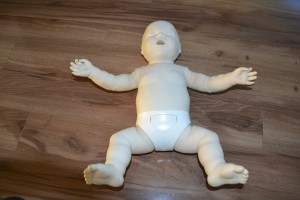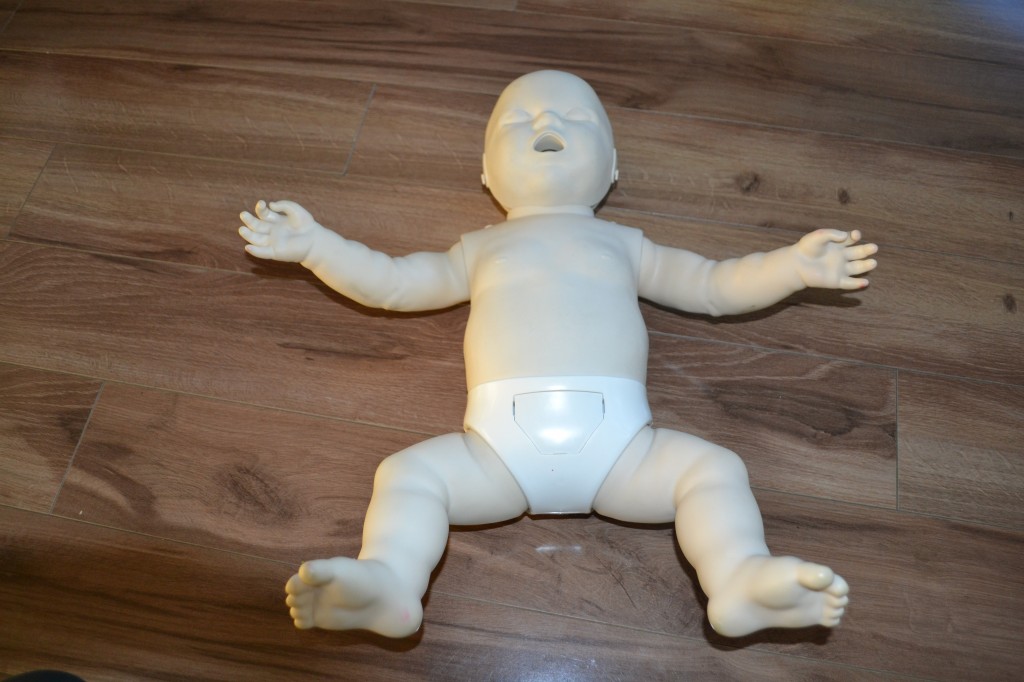Baby gas is a common problem in infants. Parents are often worried about why their baby is crying and seemingly uncomfortable. Gas pain can affect babies to a certain degree, especially infants between one and four months of age. This is because the baby’s immature gut is just developing. Learning what you can do about it is important in order to help relieve the baby from the discomfort. Taking your child to a doctor will also help diagnose other conditions that may be causing gas pain such as intestinal disorders.
The material posted on this page on infant intestinal issues is for learning purposes only. To learn to recognize and manage serious medical emergencies in infants enrol in babysitting or first aid training programs with one of our providers. Click here to find the provider nearest you.
Causes of Gas Pain in Infants

Gas pain in infants may be caused by different factors. Parents need to know what causes their child’s gas pain and be aware of the common symptoms in order to be responsive to their child’s needs.
- Too much air is swallowed by your baby. This commonly occurs when the child cries too much or when they improperly suck when feeding.
- The type of formula that your child’s drink can also cause gas buildup. It may also be due to some particles from the breast milk or when the baby eats too much and fast.
- Bloating due to pressure build up in the intestine can also cause gas pain. Painful cramps may be common because the child’s digestive system is unable to cope under the circumstances.
- Virus, bacteria and infection may cause flatulence and gassiness among infants, usually accompanied with diarrhea.
Infant Gas Pain Management
You can help relieve the discomfort caused by gas pain by doing the following:
- Hold the infant upright while bottle feeding so that air bubbles can rise.
- Burp the infant every after each feeding by carrying the baby upright and moving the palm of the hand in up and down manner at the infant’s back.
- For breastfed babies, the mothers are advised to modify their diet and follow as stipulated above.
- Feed the infants in a small, frequent feeding.
- Never place a hot water bottle on the infant’s abdomen.
- Change formula bottles to a type with disposable bags that collapse as the baby sucks.
- Change formula milk to lactose-free if advised by the primary care physician.
- Prepare soft foods for your child. Foods that are hard are difficult to chew and hard to digest.
- Title the feeding bottle in a way that it fills the entire nipple where the milk comes out. This will prevent the child from sucking air while feeding.
Reference:
Parents.com. Signs Your Baby Has Gas and How to Treat It. http://www.parents.com/baby/care/gas/signs-newborn-has-gas/.

